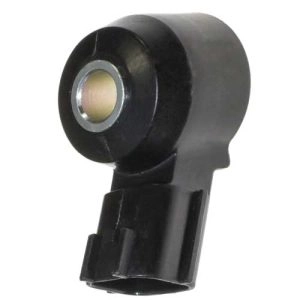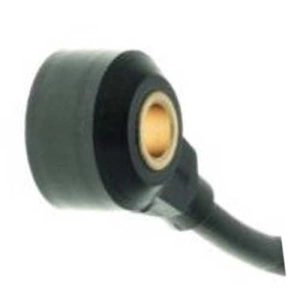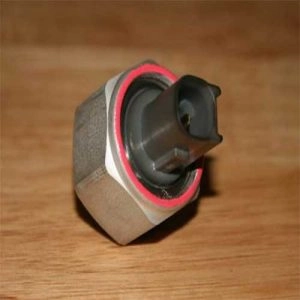In our present day, almost all modern cars contain a plethora of sensors, such as road sensors and electronic devices. These sensors contribute to regulating the operation of the car's engine, providing the best possible performance with the least fuel consumption and in the least time possible. They also aim to prolong the lifespan of the car's components as long as possible, protect the driver and passengers from accidents, and preserve the car from collisions.
In the car, there are more than 12 different sensors, each with distinct functions, specific significance, and certain placement in the vehicle that may or may not change. However, what's common is that these sensors gather the necessary information and data, and then send it to the car's computer (the main control unit of the car). This unit analyzes these data and processes them, then makes the appropriate decision to perform a certain task. It sends instructions back to the car parts or sensors or executes an order benefiting the car and the driver.
In previous articles on the Spiro website, we discussed several important sensors in cars. In this article, we will talk about one of the essential car sensors, namely the road sensor. We will explain its function, its location, and signs of its malfunction. Stay with us.
What is a road sensor? And what is its function?

The road sensor is a sensor in the car, its function lies in sensing the vibrations or sounds that result from a malfunction in the ignition of the fuel and air mixture within the engine. The sensor senses these vibrations and sounds and detects them, then sends them as electronic signals to the car's computer, which studies and analyzes the information, and then decides whether there needs to be adjustment in the ignition timing or not.
The road sensor is located either on the engine body or on the cylinder, and can be noticed when disassembling and assembling the car engine. This sensor must function properly to ensure a smooth driving experience and prevent the driver from experiencing unexpected or incorrect acceleration. Damage to the road sensor can prevent the engine and the car from accelerating rapidly when driving at high speeds.
Also read:Driveshaft: 3 Signs Indicating Damage
Signs of Damage to the Road Sensor

There are several signs through which one can determine whether the road sensor is damaged or not, and it is essential that the driver or car owner be aware of them and pay attention to them while driving. Here are some of the most prominent ones:
Reduced power and acceleration:Damage or malfunction of the road sensor, and its not working correctly, could lead to a decrease in the car's torque, and the engine's inability to accelerate regularly and normally. However, an important consideration is that weak torque and inability to accelerate do not necessarily mean that the road sensor is damaged. There are other reasons for these problems, including fuel filter errors, or a blockage of the car's injectors. Thus, it is necessary to thoroughly inspect the car through a specialized technician to determine the cause of the torque and acceleration problem.
Feeling a knocking and muffled sound in the engine:These are the most noticeable signs of road sensor damage, where the driver may notice that there is a stutter in the engine, and that it's not performing at its best as it used to. The driver might also hear a strange knocking sound coming from the car engine. This usually happens when driving at high speeds, transporting heavy loads with the car, or when climbing a rough and elevated road.
When noticing these signs, you should visit the maintenance center and the specialized technician, for inspection and diagnosis of the problem, and to repair it as quickly as possible without further damage.
Engine Light Illumination:The engine light appears and clearly illuminates on the dashboard if the road sensor is malfunctioning. However, the appearance of the engine light does not necessarily indicate that the problem lies with the road sensor, as the malfunction of other sensors may lead to the same conclusion. Therefore, the car should be thoroughly inspected by a specialist technician to determine the real problem and work on repairing it.

Decreased engine power:The car's computer is capable of detecting faults and damage in the road sensor. When this occurs, the engine's power and performance decrease and it does not function properly. When the engine's power is reduced, the car operates at less than its usual capacity. The purpose of this process by the car's computer is to alert you to potential problems within the car and its parts that may be dangerous and require immediate repairs. In this situation, the engine's RPM also decreases to less than 3000 rotations.
Therefore, the car's maximum speed will be between 50 to 75 km/h, which means you will not be able to drive at high speeds on the roads.
In fact, there is no need to worry or fear in case of damage.Road SensorWhile you're driving your car on the road, it won't affect or damage the engine. Because a defective road sensor reduces gear shifts to a maximum of the third gear. Thus, you can drive your car and get it to a specialized technician to solve the problem before the engine gets damaged or malfunctioned.

Comments